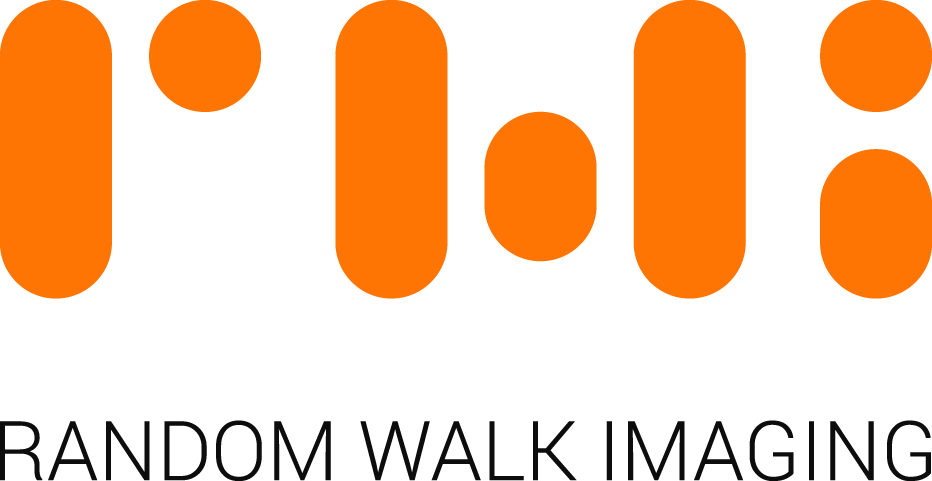Check out our Academic Partner, Prof. Daniel Topgaards review in the September issue of Journal of Magnetic Resonance.
In this review, Multiple dimensions for random walks, Prof. Topgaard provides an overview on the current trends in development of diffusion NMR and MRI methods. Although great efforts are still made in further improvement of basic diffusion measurements, the advanced magnetic field gradient technology on whole-body scanners available today has spurred a line of research for cutting-edge diffusion MRI techniques. These open up for more specific characterization of tissue microstructure in a clinical setting.
The ability to separate information in the diffusion signal – that is, to get better data on what tissue property contributed to what part of the signal – is what increases specificity. We believe this specificity will be of importance in many clinical situations, where you need to non-invasively assess the tissue characteristics.
Want to learn more? Follow this link.

